Owofemi Awolowo and Ladoke Akintola: The collapse of the first dictatorship and education for the modern politician
Owofemi Awolowo and Ladoke Akintola: The collapse of the first dictatorship and education for the modern politician
In the Nigerian civil service system, many rains have fallen, and the land has been ravaged due to past hippies, has begun to run the first civilian government, which has not stopped.
The signs that led to the fall of the first civilian government are still being traced back to our fourth civilian government today, and we pray that it will not go down like the first one.
Now that Nigeria is gaining independence from our own government, the BBC has found that it is the right time to encourage one another, and to compile a series of events such as the first civilian government and the teachings of contemporary world politicians. write in it, because the smoke of a fire should not burn twice.
- According to the World Wide Web and in other historical documents, the southwestern part of Nigeria has the basis of what our first civilian government has been, and what has happened:
Why the Cold War and the fall of the first civilian government?
This is the name of the so-called chaos that has developed in the western region, which is a Yoruba region, in which politicians and the public have come face-to-face with each other.
The Wet translation is 'pour oil, not burn it', which the communist and politician does, burning their own house and property, and setting the dead in their courtyards, to make them poison. to themselves.
And it was in 1962 that the causes of the uprising began, when there was a rift between Chief Obafemi Awolowo and Samuel Ladoke Akintola, who are now leaders of the Action Group, AG, also known as the Thanksgiving political party.
The language of misunderstanding and deception began when Awolowo, a former political leader of the Thanksgiving party, resigned as editor in the Nigerian federal government, to run for the Prime Minister's position under the federal government.
Awolowo had to accept the position of Minister, but took the position of leader of the opposition party in the joint parliament, and his deputy, Ladoke Akintola, won the position of Editor of the Western Region.
Awolowo was in front of the Thanksgiving party, and Akintola did not approve of the move, causing a rift between the two leaders, as well as many of Awotola's cancellations, and he was no longer happy with Awolowo.
On January 1, 1962, the party's leadership post was canceled at the joint Joint Declaration held in Jos, which was signed by Akintola and other party leaders, including Chief Secretary Ayo Rosiji and the Minister. four others. On May 24, 1962, the Thanksgiving Party nominated David Adegbenro as the new Cabinet Editor, leaving the legislature to vote 'no longer in it' to remove Akintola as the Editor of the Government and later, and proclaimed, they were not really trusting in Akintola.
Proponents of Akintola's hearing heard of this move, they stormed the parliament, causing serious trouble at the parliamentary seat that day, as parliamentarians were scrambling to put themselves in front of the House.
At the time, the governor of the western part of Nigeria, who was also the Governor of the House of Lords, Honorable Adesoji Aderemi should now become the editor-in-chief of the Akintola Region, and be replaced by Alhaji Dauda Adegbenro, to replace Akintola as Editor. a new government.
This incident created chaos between the Awolowo and Akintola followers in the southwestern part of Nigeria, or the Yoruba nation as a whole, and the bird no longer hovered, and the bird no longer hovered like a bird.
They pour various pollutants into people, homes, automobiles and other assets, to burn them, where the word evaporates, and they still carry corpses on the underside of their homes to harass the person. policeman.
The lives of many people are traumatic for the day in the aftermath of the liberation crisis, and billions of dollars are lost, too, in the inevitable days.
Why the Commonwealth announced that things were not going well in the southwestern part of Nigeria, on May 29, 1962, almost seventy-five years ago, perhaps a way to commemorate this great, unforgettable day. swearing to the sick and the governor on that day. An adjournment was made public by the Emir of Adesoji Aderemi as governor of southwestern Nigeria, and replaced by Minister of Health, Dr. Moses Majekodunmi. as a confederate president or prime minister, for the southwestern part of Nigeria.
The first time in Nigerian history to publish propaganda was to solve a crisis or another, and this was part of the solution to preventing a crisis when it emerged.
But on December 31, 1962, Ahmadu Bello, editor-in-chief of the Northern Region of Nigeria, signed an agreement with Akintola and returned it to the position of Editor of the Southern Region, when Remi Fani -Kayode is his deputy.
The relationship between this northern and southwestern region did not give birth to Awolowo, and later Awolowo was sent to prison for 10 years on bail.
This was used by Akintola and his deputy, Remi Fani-Kayode, to sign an agreement with northern regional political parties, the Northern People's Congress, the NPC and political allies around Nigeria, all of them renaming the group. Nigerian National Alliance, NNA.
TheNCNC political party led by Nnamdi Azikiwe joins the coalition led by Awolowo and other political groups around Nigeria, and renamed the United Progressive Grand Alliance, UPGA.After the general election in 1964 , the NNA political party, of which Akintola is himself, composed of the ninety-eight councils in the Senate, but several statistics indicate that a large majority of votes and votes came in the result.
When the southwest re-elected its parliament on November 11, 1965, and again, when the crisis erupted, another crisis surged.
As soon as the results of the ballot were announced, another dust storm surfaced, and another fresh conflict erupted in the southwestern part of Nigeria.
More people are being killed every day, billions of dollars are wasted, and another Vietnam war erupts, and despite this right, the military took control of civilian politics on January 15, 1966, which ended the system. early civilian politics.
At the time of the raids, led by Navy officers Chukwuma Kaduna Nzeogwu and Emmanuel Ifeajuna, they seized control of the government, and sacked Samuel Ladoke Akintola, editor of the southwestern state.
Similarly his colleague was killed in the northern region, Ahmad Bello was then with the Nigerian Editor, Chief Tafawa Balewa, thanks to the fact that Awolowo was in jail at the time and he was not happy. the event.
The lesson the fourth civilian government should learn in the fall of the first civilian government:
Now that Nigeria is gaining momentum in civilian life, much more should be learned from the roots of the first civilian government, which would make this fourth civilian government a celebration.
The first thing that looks like the first basin is the volcano and the volcano, which is still showing up during this fourth civilian regime, and should be avoided because a single point should never be dumped in oil again.
The spirit of self-sacrifice, the selfish spirit and the struggle for power are embodied in what looks like a civilian government, and this is reflected in the fourth civilian regime, and we should avoid it if we want to succeed in it. Similarly, the killing, burning of homes and property that led to the military regime, which terminated the first civilian government, did not yet exist in this fourth civilian government, because of the conflict, the divorce and the killing that was taking place.
The BBC is praying that the supreme king will establish this fourth civilian government and comfort us.
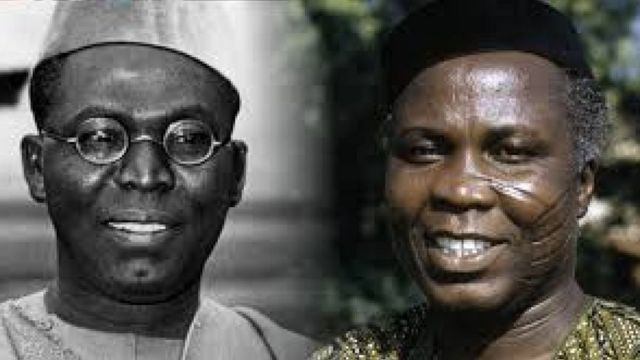
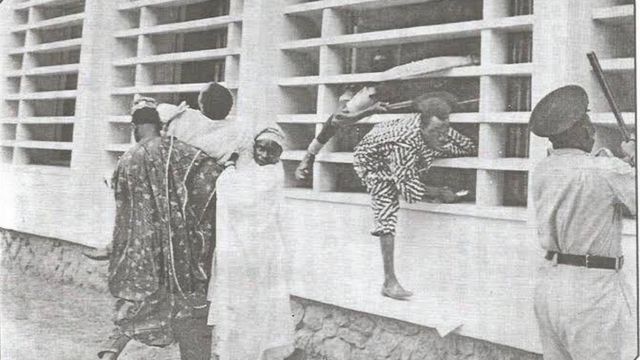
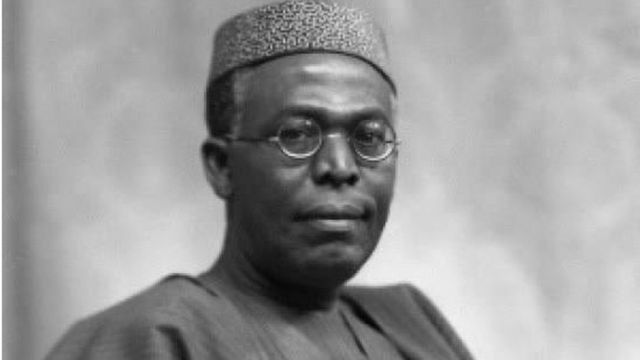
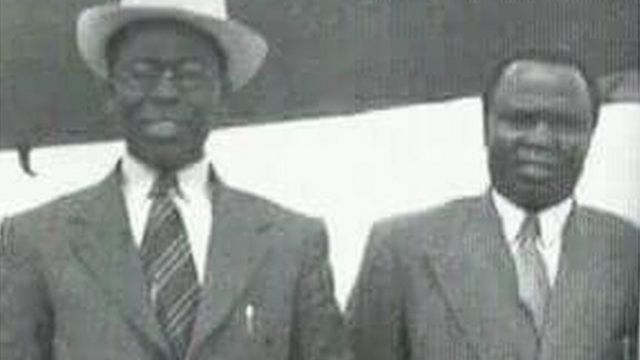
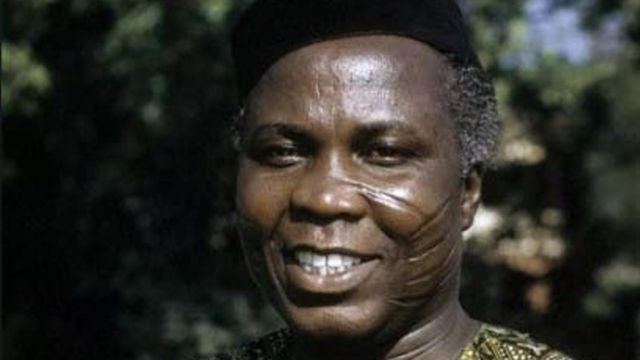


Comments
Post a Comment